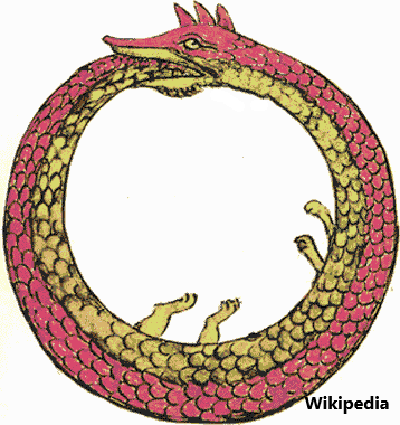A theoretical principle of organization in biology

SémIdeev
11/04/2025
12:00:00
Anton Robert, Centre Cavaillès, ENS, Paris
IDEEV - Salle Rosalind Franklin
Theories frame scientific practices insofar as they provide meaningful observables to modelers and experimenters. Theorizing in biology is intimidating because of the complexity of organisms and ecosystems, but it is for the same reason all the more necessary. A theory makes explicit guiding principles, which prevents probing at random parts of the world to harvest meaningless data. The apparent absence of a theory implies that some driving postulates are implicit or vague, which is not beneficial at least for scientists. I will present a principle in a theory of organisms, whose foundations were posited a decade ago. This principle states that biological systems are organized insofar as they realize a closure of constraints. My goal is to trace back the genealogy of this principle to understand its philosophical and scientific relevance, discourse about the necessity of such a principle from an epistemological perspective, define what a closure of constraints is, underline what this principle brings to biology (notably, a definition of biological functions), and show how it can be adopted by modeling practices resorting to mathematical models.